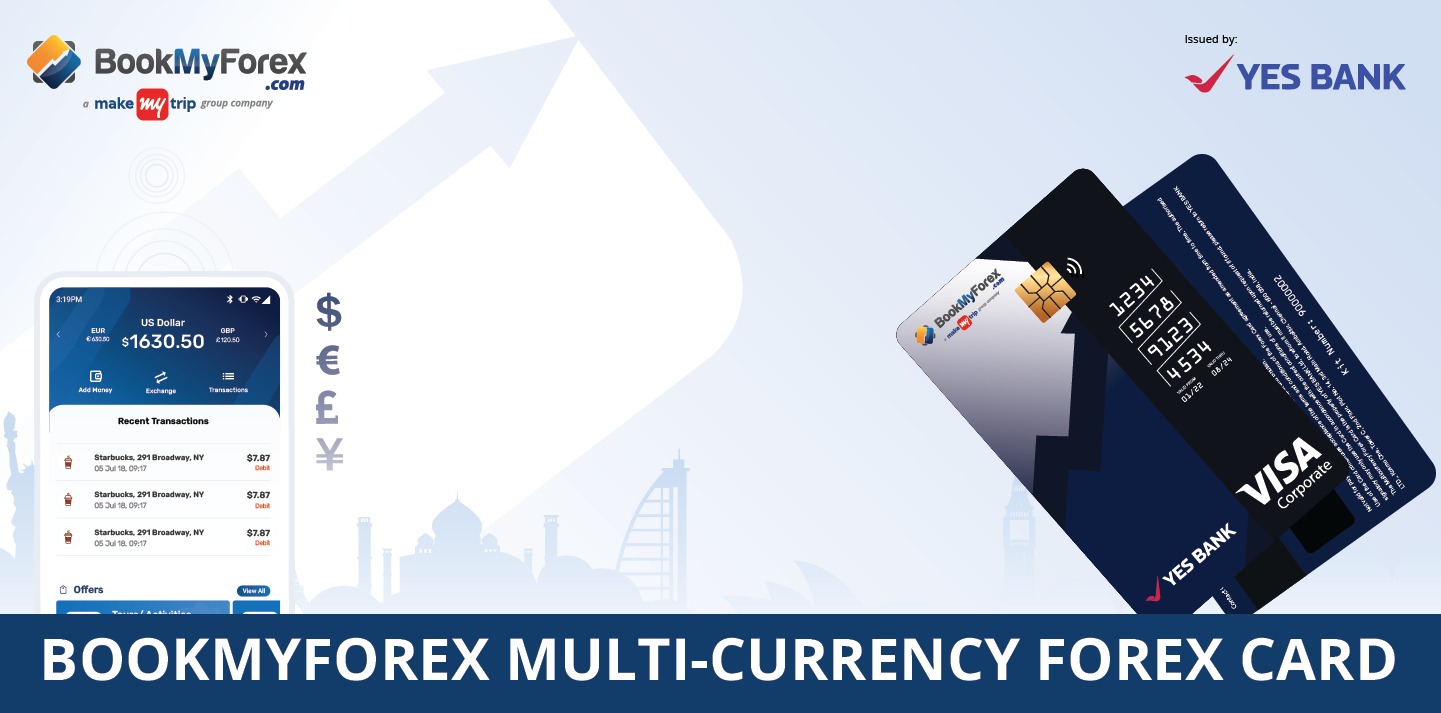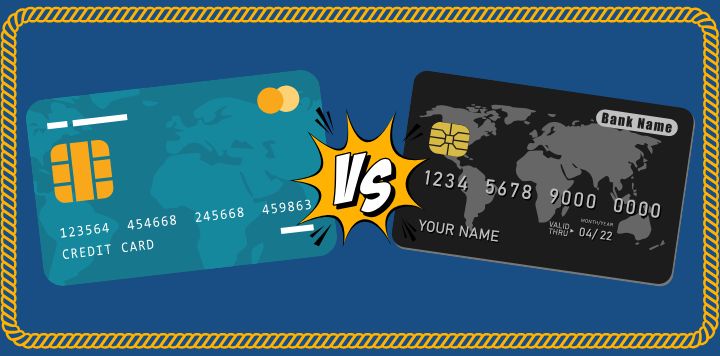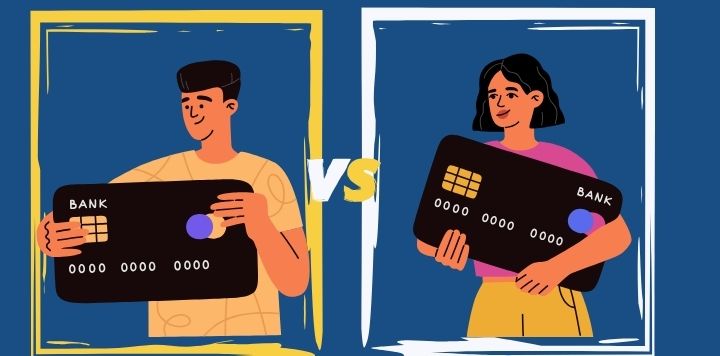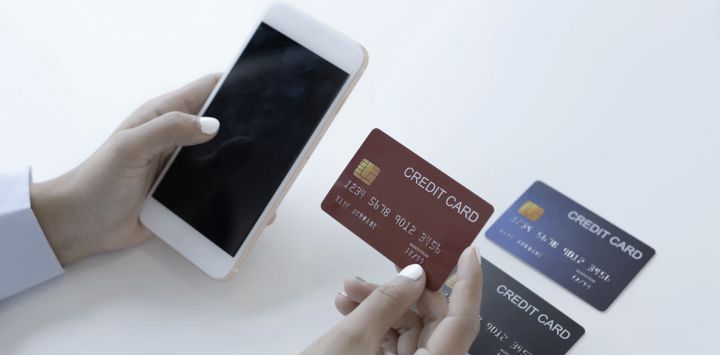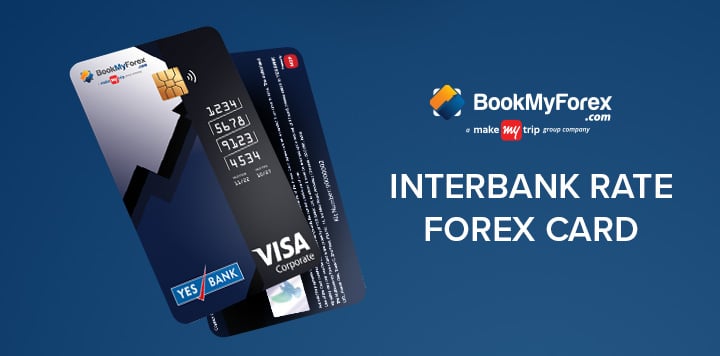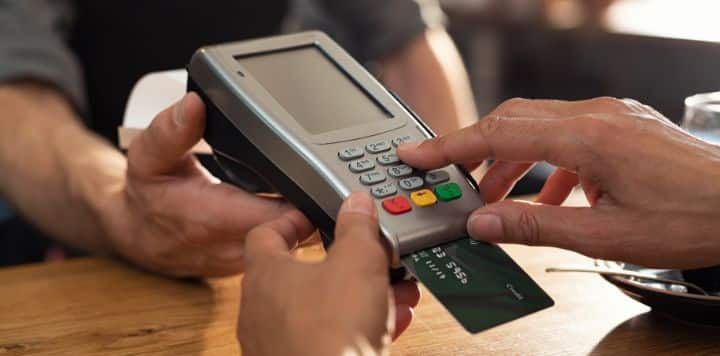Using a forex card can significantly enhance the convenience of traveling abroad, making payments and cash withdrawals seamless. Below are tips on how to effectively use a forex card, including important information about dealing with a stolen card and avoiding hidden charges.
Tips on Forex Card Usage While Traveling Abroad:
1. Before traveling, ensure your forex card is pre-activated. Load the desired currency onto the card, considering your destination and budget.
2. Set a strong PIN for your card to protect it from unauthorized use. Avoid sharing your PIN with anyone.
3. Set up SMS or email alerts for every transaction on your forex card. This allows you to detect any unauthorized transactions immediately, and manage your budget better.
4. When traveling abroad, never use a forex card for preauthorization or for rental services. This hold temporarily locks up a portion of your card’s balance, which may take several days to be released.
5. If you’re traveling to multiple countries, use multi-currency forex cards that allow you to hold multiple currencies and automatically deduct from the correct wallet for that country.
6. Use the forex card only to pay in the currency that is loaded on the card. In case it is loaded in USD and you try to make a payment in CAD, you may have to bear some unnecessary charges.
7. Before you travel, research which ATMs are compatible with your forex card (Visa, Mastercard, etc.) and where they are located in the countries you’re visiting.
8. Keep a record of your transactions to monitor your spending. Most providers offer online or mobile app access to check your balance and transactions.
9. Save the customer service contact numbers for your forex card provider on your phone. It’s essential to have these numbers easily accessible in case your card is lost or stolen.
10. Take a backup card in case your forex card is lost, stolen, or fails. Usually, a replacement card is given in the welcome kit.
11. When managing your forex card account or making online purchases, avoid using unsecured public Wi-Fi networks, as these can expose you to fraud. Use a secure network for added safety.
12. While forex cards are widely accepted, it’s wise to keep a small amount of local currency in cash for use in places where cards may not be accepted, such as local markets, public transport, or small vendors.
Also Read: What is Forex Card? Complete Guide
What to Do in Case of a Stolen Card:
1. As soon as you realize your forex card is missing, block it right away to prevent unauthorized use. You can do this through your forex card provider’s mobile app or by calling their customer service.
2. If you are using BookMyForex’s Forex Card, you can log in to the Forex Card management portal (https://cards.bookmyforex.com) and lock the card to prevent it from further usage. Alternatively, you can call us at our customer care number mentioned on the back of the card.
3. When you buy a forex card, the welcome kit usually includes a backup card. You can activate this card if your main card is lost or stolen.
4. Unlock the backup card by contacting your forex card provider. Transfer the remaining balance from the lost card to this card, ensuring you still have access to your funds.
5. Most forex card providers also offer the option to order a replacement card in case your main card is lost or stolen. The replacement card can be delivered to your international address or a designated pickup location, depending on the provider’s policy.
6. While waiting for your replacement card, some providers may offer emergency cash assistance to help you access funds. This can be delivered globally or picked up at a nearby location, and the amount will be deducted from your card balance.
Hidden Charges to Watch Out While Using a Forex Card:
1. Some providers might not clearly mention the activation or issuance fee until you’re in the final stages of purchasing the card. Travelers often assume the card’s cost is just the exchange rate and the amount loaded onto the card, so the activation fee comes as a surprise.
2. Annual or maintenance fees might apply after a certain period. The provider starts charging this fee to maintain your account.
3. Some cards also charge an inactivity fee if the card isn’t used for a certain period. Check your provider’s terms, and make sure you either use or close the card after your trip to avoid these fees.
4. When making a purchase, always choose to pay in the local currency rather than converting to your home currency using Dynamic Currency Conversion. DCC feature often comes with unfavorable exchange rates and high charges.
5. Travelers often assume that reloading or unloading funds from a forex card is free. However, many providers charge a fee for each reload and unload, which may not be clearly stated.
6. Besides ATM withdrawal charges, some ATM providers charge a fee for printing a transaction or withdrawal slip. While this is generally a minor fee, it might not be communicated upfront.
7. Although some forex card providers offer emergency cash services, there might be hidden fees for delivering or providing this service, especially if the delivery happens abroad.
With the BookMyForex True Zero Markup Card, you can avoid many of these hidden charges. The card comes with zero issuance, annual, maintenance, reloading, and unloading fees. It’s a lifetime free card, making it one of the most cost-effective solutions for travelers.
